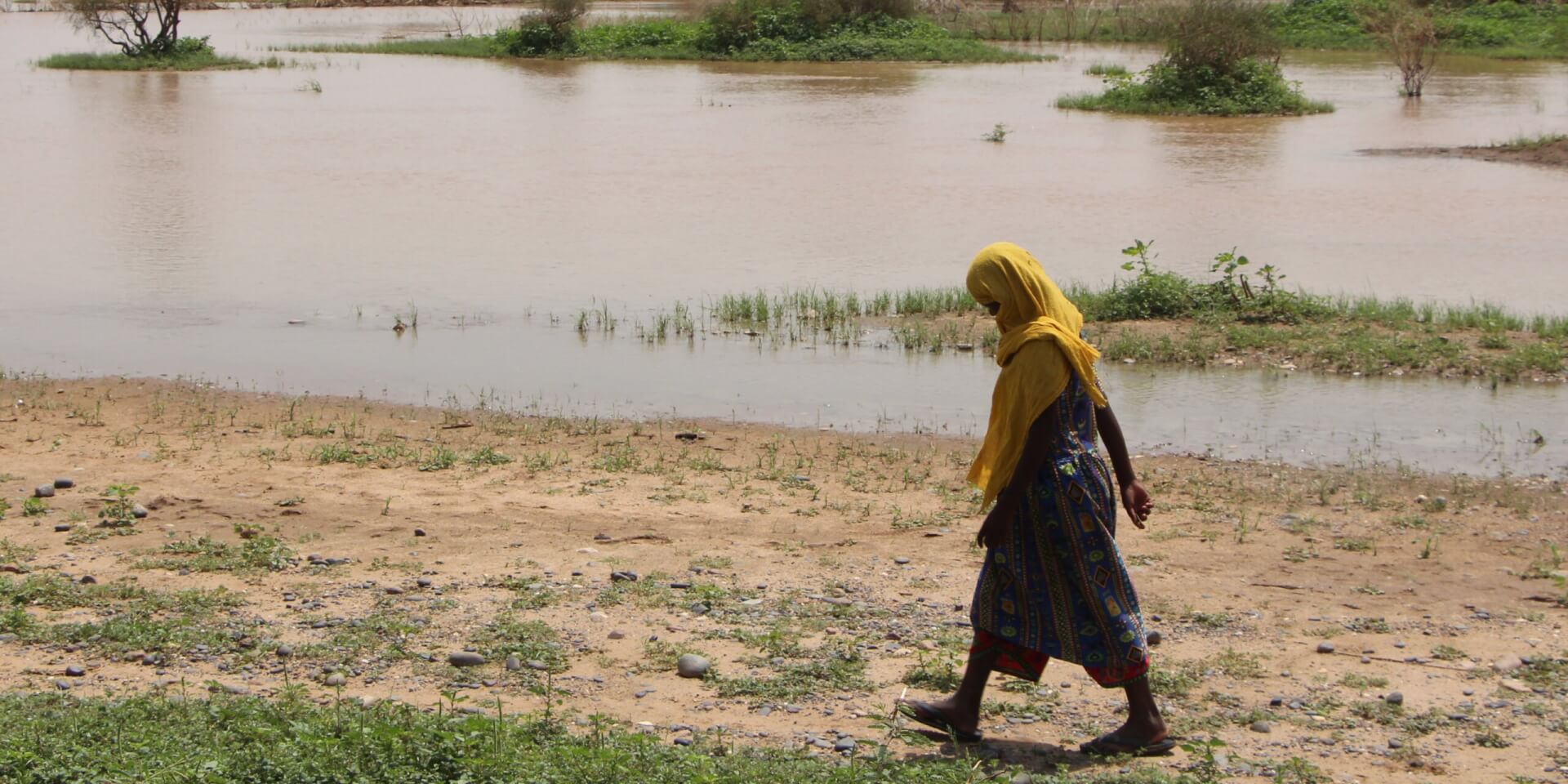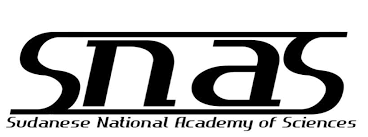
Through a revolution, a military coup and a pandemic, scientist Hazir Elhaj held on, staying in Sudan as long as she could – right up until she heard bombs falling in Khartoum.
Now in Saudi Arabia, she hopes to return as soon as possible. As one of the few researchers working on bioenergy in Sudan, she says she feels a responsibility to get back to her work, which focuses on providing sustainable energy sources for rural areas.
“I want to go back, because I have a mission to do,” Elhaj says. “This was a shock, yes, but we have to continue.”
More than 5 million people have been displaced, and at least 7,500 people killed since the conflict started in April. Half of the country’s population needs humanitarian aid or protection, the International Organization for Migration (IOM) said in September.
Fighting continues across much of the country. The most intense violence has centred around the capital, Khartoum – which is also the heart of Sudan’s research community. Many of the city’s universities and institutions have been looted or destroyed.
“The present situation for academics in Sudan is intensely critical – a crisis that has received little to no attention outside the country,” Mohamed H. A. Hassan, president of the Sudanese National Academy of Sciences (SNAS), wrote in an open letter.
SNAS is calling on international organizations and scientists around the world to “unite in solidarity” with colleagues affected by the conflict.
National Academies around the world can help by working with universities and research institutions to find spaces for displaced scientists to continue their work until the conflict ends, SNAS writes.
“Most of all, our academics need practical assistance in order to be able to continue their studies and research in these difficult times, otherwise Sudan risks losing a generation or more of its invaluable scientific talent,” Hassan explains.
Some students have been able to continue studying in other countries, including Rwanda and Tanzania. But many scientists remain scattered across Sudan – many with their salaries frozen or in areas with poor or no internet access, unable to work, Hassan notes.
After years of stop-and-start work, 2023 was looking good for Elhaj. She planned to upgrade her lab at the Sudan University of Science and Technology into a full research centre, and set up an incubator where scientists could collaborate on technology to solve environmental problems.
“I wanted to raise a new generation of young researchers,” she says.
She spent much of 2022 lining up grants for the lab, and in 2023 her work was recognized with an early-career fellowship from the Organization for Women in Science for the Developing World (OWSD), which provided additional funding.
The tech incubator got underway in March 2023, with a full team of students and assistant researchers. Elhaj was thrilled.
A month later, she was in the lab as fighting started in Khartoum. As she hurried to shut down the electricity and water and get home, she could hear heavy weapons fire and explosions.
The campus has since been looted and severely damaged. Elhaj has no idea if her lab has survived. She was able to save much of her work, but not everyone was as lucky: one of her master’s students lost all of her data in the evacuation and has had to start from scratch.
As the violence worsened, Elhaj left for her hometown – still not safe, but less dangerous than the capital. But now, the researcher, who often spent 12 hours a day, six days a week in the lab, was suddenly cut off from her work. “You find yourself doing nothing,” she says. “It was very, very tiring.”
Without stable electricity at home, the only way to continue was to leave. Her journey out of the country took almost a week: 1,500 kilometres by bus and taxi, then a ferry to Saudi Arabia and several flights before she arrived in Trieste, Italy, where she began her OWSD fellowship.
Her visa didn’t allow her to stay longer, so she continued on to Saudi Arabia. She has been able to pick up her fellowship project again, with her in-country research on hold for now, and is writing new project proposals.
But she worries that displaced scholars may fall behind as long as they can’t publish, can’t do on-the-ground research or are trapped in areas without reliable communication. “War is not just about losing lives or losing your home, or your work – it’s also about losing opportunities,” she notes.
Fellowships, placements and other opportunities to enable Sudanese researchers to collaborate with international teams are sorely needed, she adds – as is help to get foreign visas. “We are part of this global scientific community,” Elhaj says.
For many in Khartoum, journeys were decided by pure chance. Before the conflict started, both Elhaj and Suad Sulaiman, a member of the SNAS executive, had sent their passports to European embassies in Khartoum for visa processing. Elhaj got hers back two days before the fighting started; Sulaiman’s was shredded by embassy workers as they evacuated..
Sulaiman has been stuck in Dongola, in northern Sudan on the road to the Egyptian border, since May, waiting on a new passport and visa to enter Egypt.
When she arrived, Sulaiman noticed that the local clinic needed help to care for the many new arrivals. She quickly got to work and secured funding, including from the Swiss Tropical and Public Health Institute, to refurbish the building and buy essential equipment.
SNAS is continuing to collect financial support for the clinic, and Sulaiman aims to expand the project to include healthcare centres throughout Sudan’s Northern state.
Healthcare is just one part of the country’s infrastructure which will need extensive reconstruction, Sulaiman says. Sudan’s science institutions will also need significant financial support to rebuild the many damaged facilities, she adds.
After making it through years of uncertainty, Elhaj is confident that the country’s scientists will recover. “It will be difficult to adapt again,” she says. “We need to start from the beginning. But we have to continue what we were doing; we cannot just abandon it.”

SNAS appeals for solidarity with the Sudanese people
A message from the Sudanese National Academy of Sciences to national academies of science, United Nations institutions, and academic and research institutions of the African Union.
Disclaimer
The information, opinions and recommendations presented in our guest blogs are those of the individual contributors, and do not necessarily reflect the values and beliefs of the International Science Council
Picture by EU Civil Protection and Humanitarian Aid on Flickr.